The Halo Infinite era of Halo esports and the Halo Championship Series is off to a hot start. The finals of the first open qualifier event eclipsed 60,000 viewers across all platforms, when OpTic (playing with Envy skins) stunned Cloud9 by resetting the bracket and winning back-to-back five-map series.
That event served as both a catalyst and indicator for a level of excitement for Halo esports that has not been seen for a few years. It was also the first of several events taking place in a robust, lengthy HCS ecosystem that should give plenty of opportunities for amateur players to make a name for themselves, and for pros to assert their dominance.
Events
There are plenty of different types of events scheduled for the HCS, ranging from open qualifier brackets all the way to the eventual world championship in October 2022. Let’s start small and build our way up.
Online Open Series and Open Championships
The Open Series tournaments, like the one that features C9 vs. OpTic in the finals, are described as the “backbone” of regular competitive play, and take place during the entire HCS year. These are open entry tournaments that teams can sign up for through the FACEIT program, featuring either a single or double-elimination bracket. These events typically reward money, HCS points, and/or event qualification. Teams that perform well in Open Series can qualify for Open Championships to earn even more rewards.
Regional Qualifiers and Regional Championships
Similar to Open Series events, Regional Qualifiers are double-elimination tournaments open to any team in their respective region. Competing teams are able to qualify directly for pool play at Regional Championships, which are offline tournaments with an open bracket, pool play, and then a championship bracket. Regional Championships determine the top Halo teams for each region and the teams who finish near the top can qualify directly for pool play at Majors.
Majors
Majors are the biggest Halo esports events of the year, outside of the World Championship. They use the same format as Regional Championships (open bracket, pool play, and championship bracket) but with international competition. There are currently three Majors set for the 2021-2022 campaign: the Raleigh Kickoff Major in December, the Kansas City Major in April or May, and the Orlando Major in September. Each features a $250,000 prize pool.
The Raleigh Major will feature 32 teams total: 16 from the open bracket and 16 qualified for pool play. In future Majors, there will be 24 teams total: eight from the open bracket, and 16 qualified for pool play.
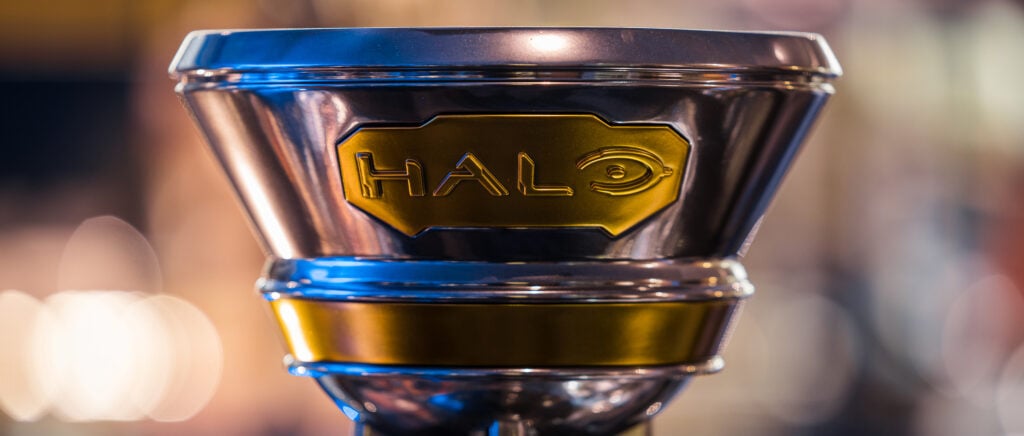
The World Championship
The Halo World Championship will take place from Oct. 20 to 23 in Seattle, representing the pinnacle of Halo esports for the first competitive year of Halo Infinite. It will feature 16 teams playing through a “robust” play-in stage, a group stage, then a playoffs bracket. $1 million in prize winnings will be on the line.
Other events
- Super Tournaments: These are larger online tournaments that will use the same format as an offline Regional Championship. Each region has a Super set for March 2022.
- HCS Kickoff Major Raleigh Qualifier: The first Major of the HCS year is getting its own open qualifier bracket to determine who joins the invited teams in pro pool play in Raleigh. Teams that reach pool play via the qualifier will not have to play through the open bracket.
HCS Points
The primary use of Points earned from various LAN events and online events is to seed teams participating at various other events during the HCS year, including Open Series, Regional Qualifiers and Championships, Supers, and Majors.
Schedule
This schedule includes all the primary events of the 2021-2022 HCS campaign, excluding the numerous Open Series and Pro Series tournaments that take place all year. Also includes important roster lock dates. Full schedule can be viewed here.

- Dec. 1 to 2: Raleigh Kickoff Major Qualifiers
- Dec. 2: Raliegh Pool Play Roster Lock
- Dec. 13: Raleigh Open Bracket Roster Lock
- Dec. 17 to 19: Raleigh Kickoff Major
- Jan. 29 to 30: North America Regional Qualifier
- Feb. 11 to 13: NA Regional Championship at DreamHack Anaheim 2022
- Feb. 26 to 27: Mexico and Australia/New Zealand Super Open Bracket
- March 4 to 6: MX and ANZ Super
- March 19 to 20: European Super Open Bracket
- March 25 to 27: EU Super
- April 1 to 3: Open Championship One (NA, EU, MX, ANZ)
- April 11: Kansas City Major Roster Lock
- April 29 to May 1: Kansas City Major
- June 16 to 19: EU Regional Qualifier
- July 1 to 3: EU Regional Championship
- July 2: MX Regional Qualifier
- July 22 to 24: MX Regional Championship
- July 30 to 31: NA Super Open Bracket
- Aug. 5 to 7: NA Super
- Aug. 20 to 21: ANZ Regional Qualifier
- Aug. 26 to 28: Open Championship Two (NA, EU, MX)
- Sept. 2 to 4: ANZ Regional Championship
- Sept. 5: Orlando Major Roster Lock
- Sept. 23 to 25: Orlando Major
- Oct. 20 to 23: World Championship
More information on the HCS can be found in the official handbook.


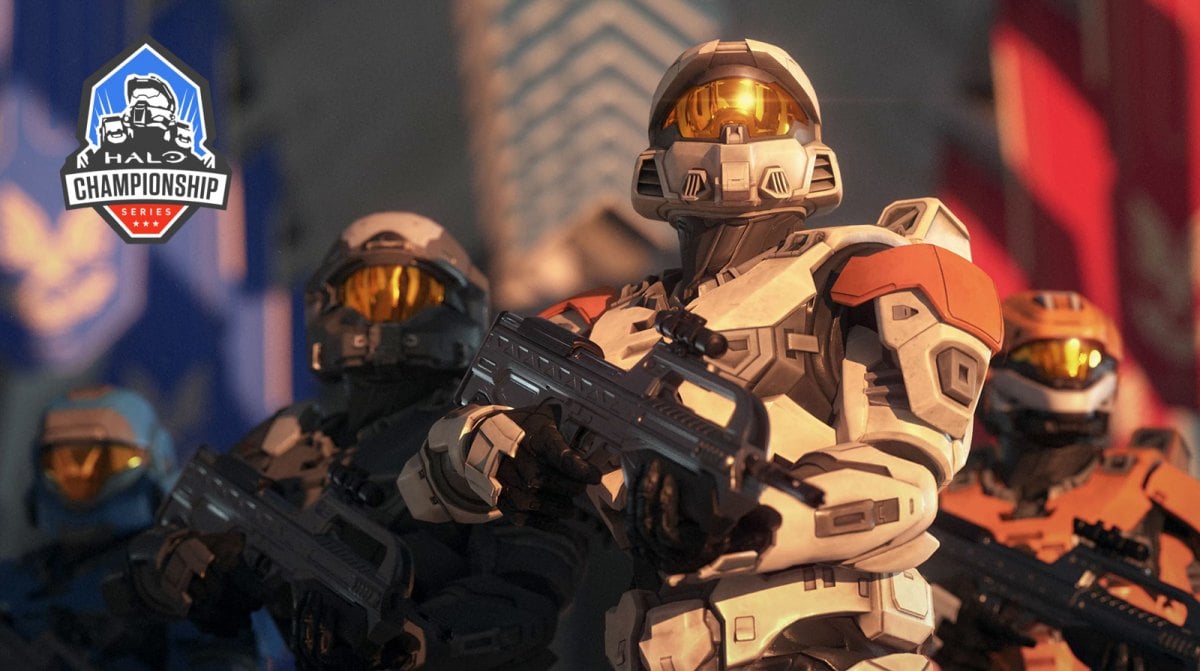
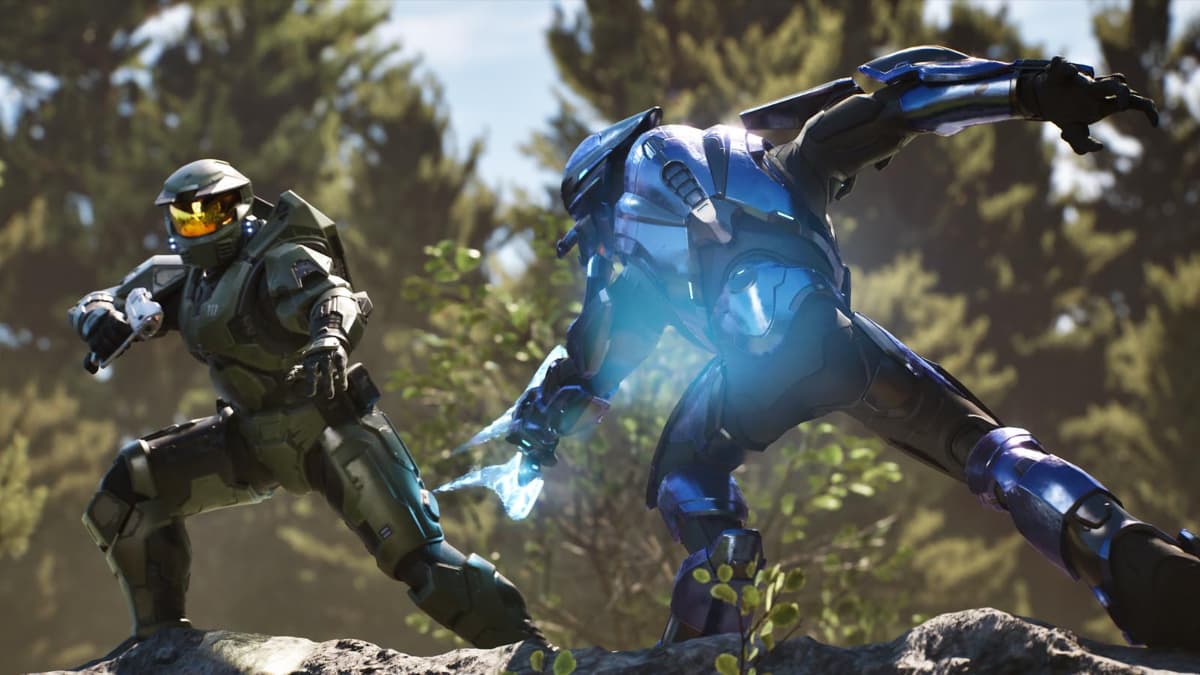
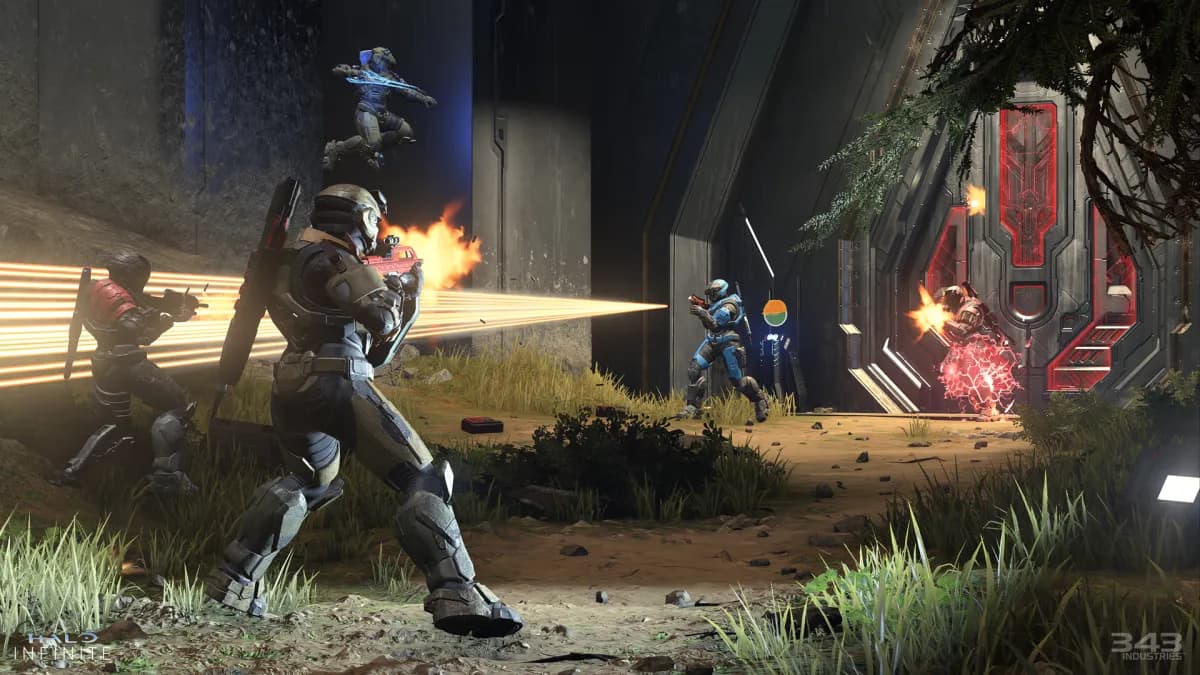
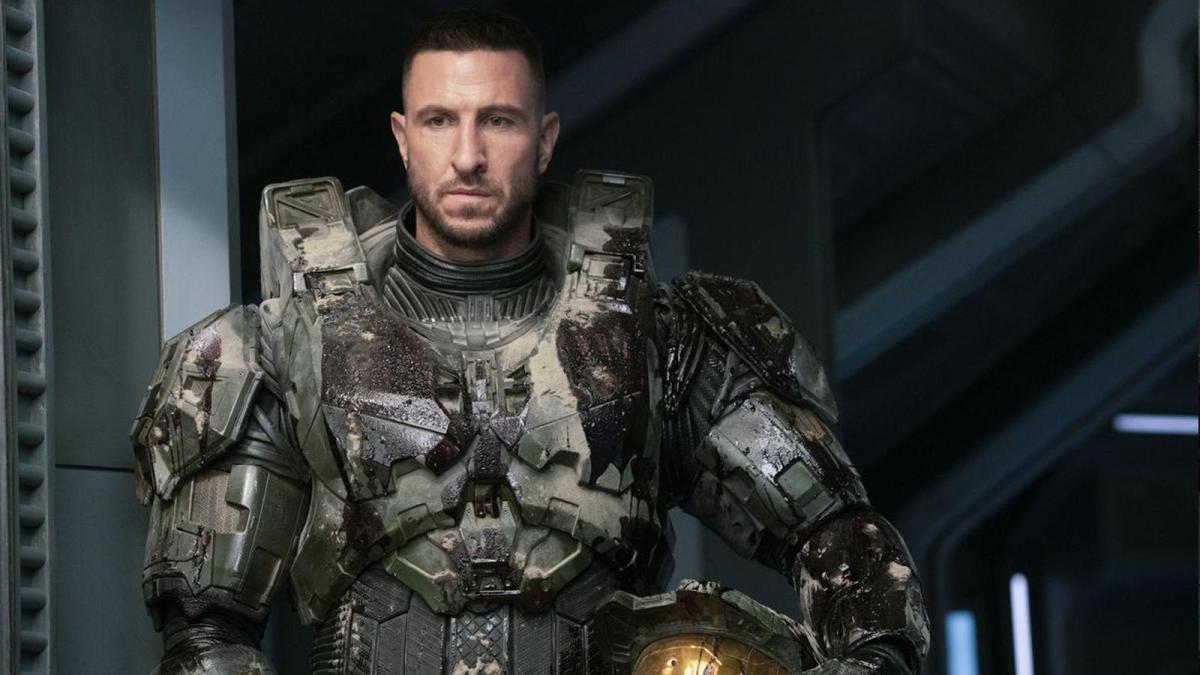

Published: Nov 23, 2021 06:15 pm